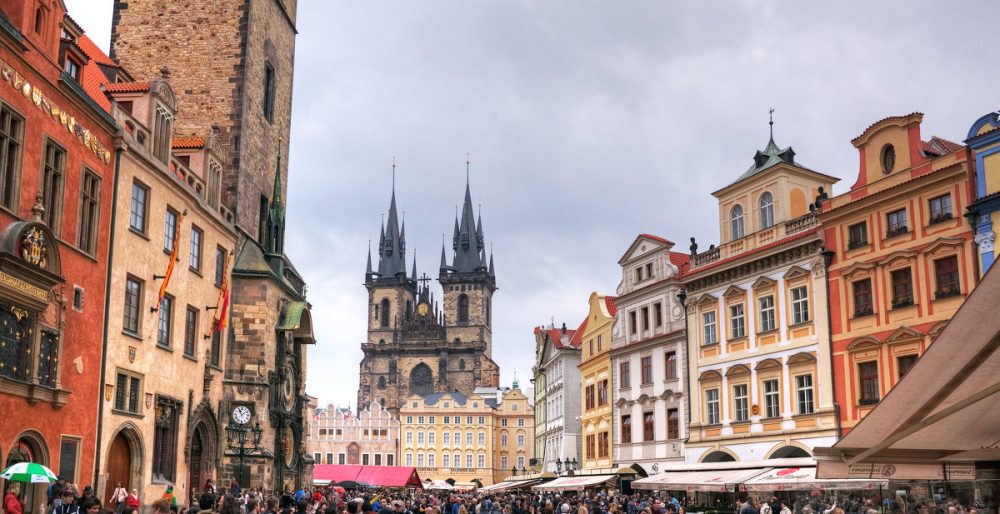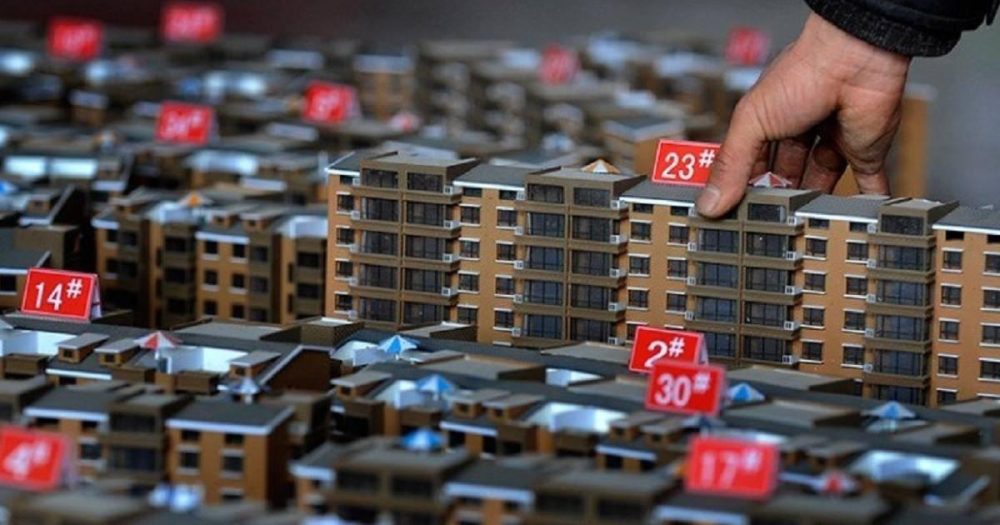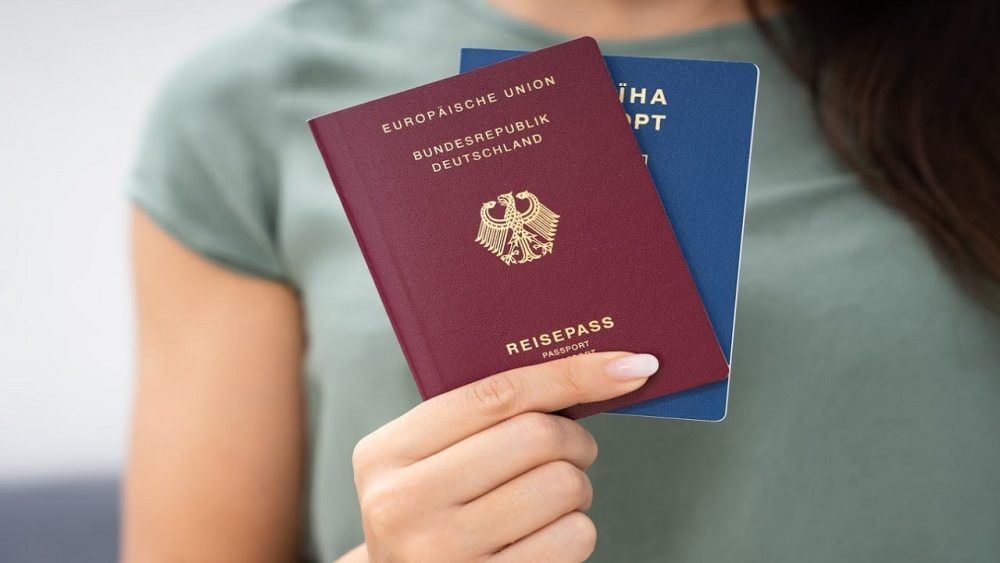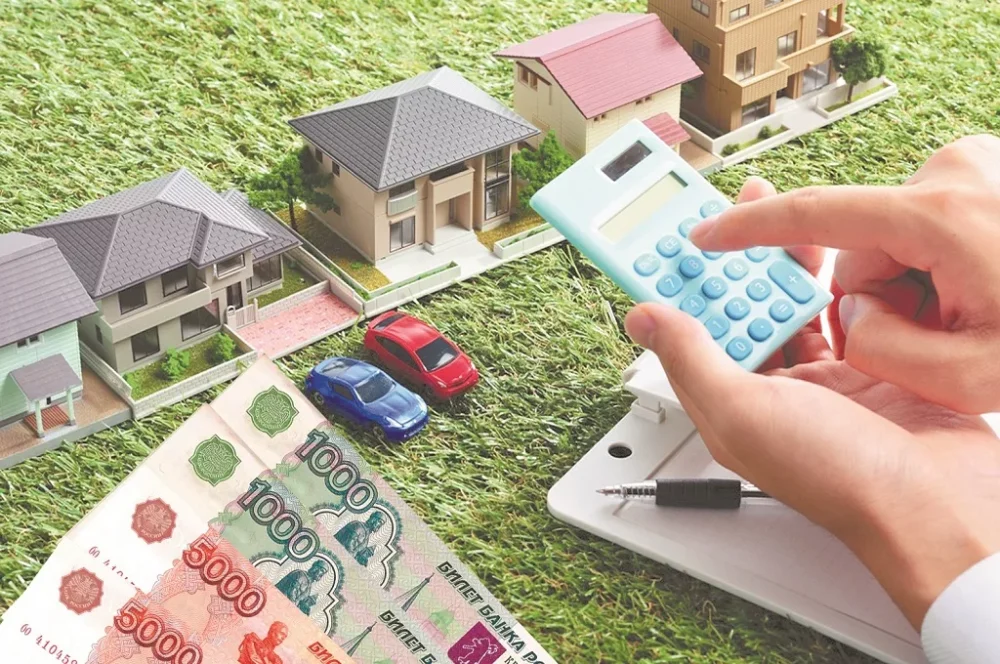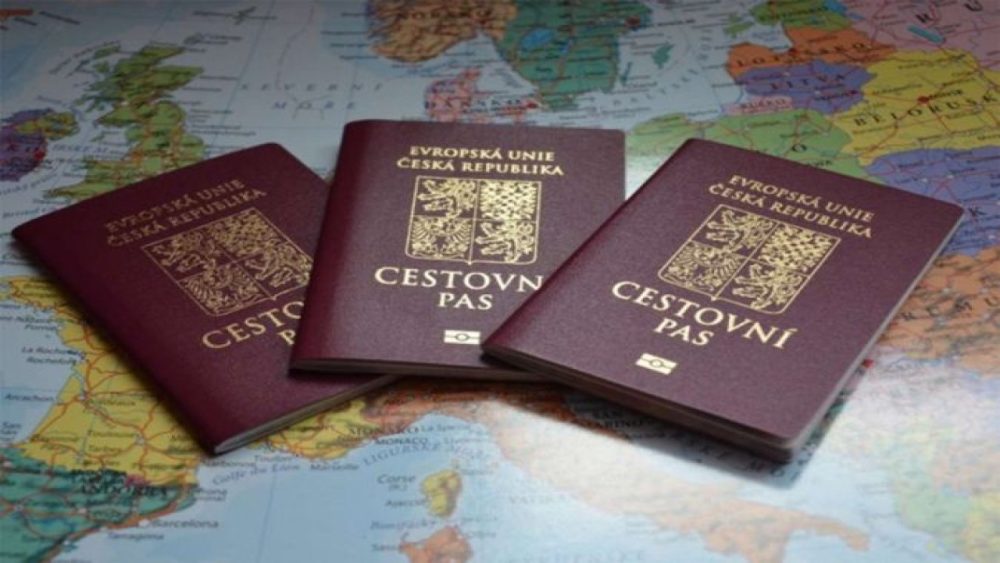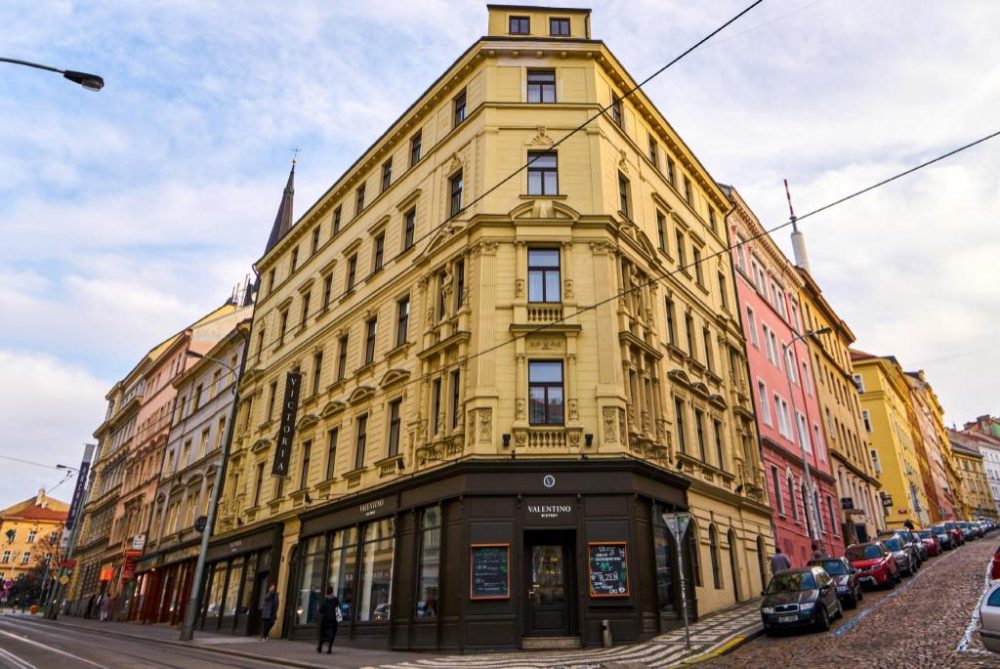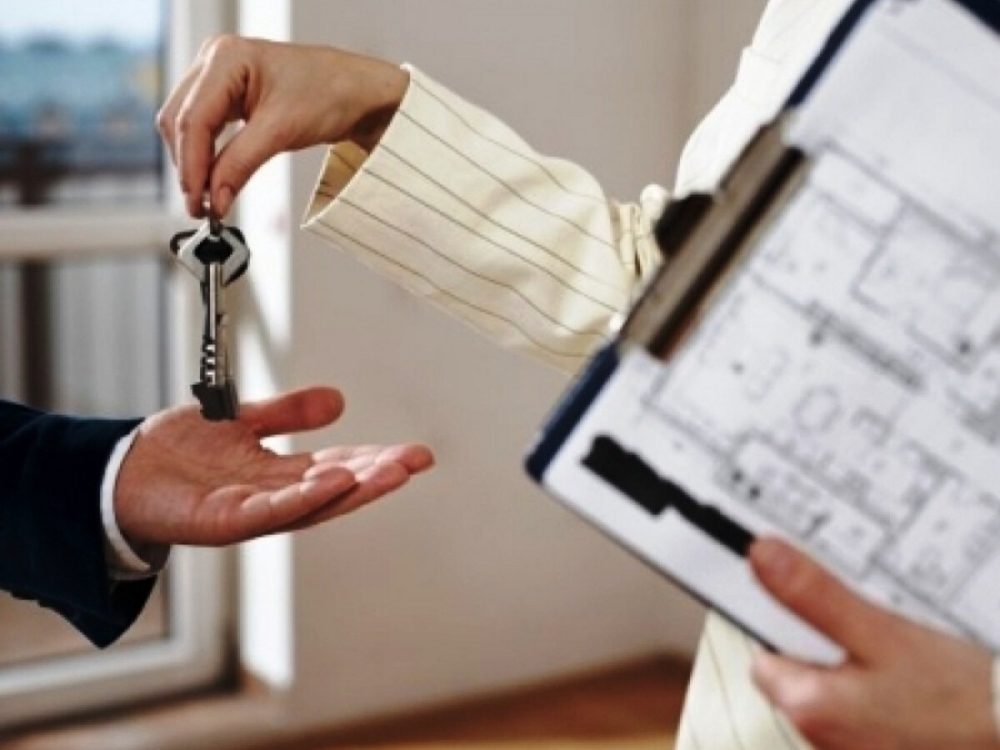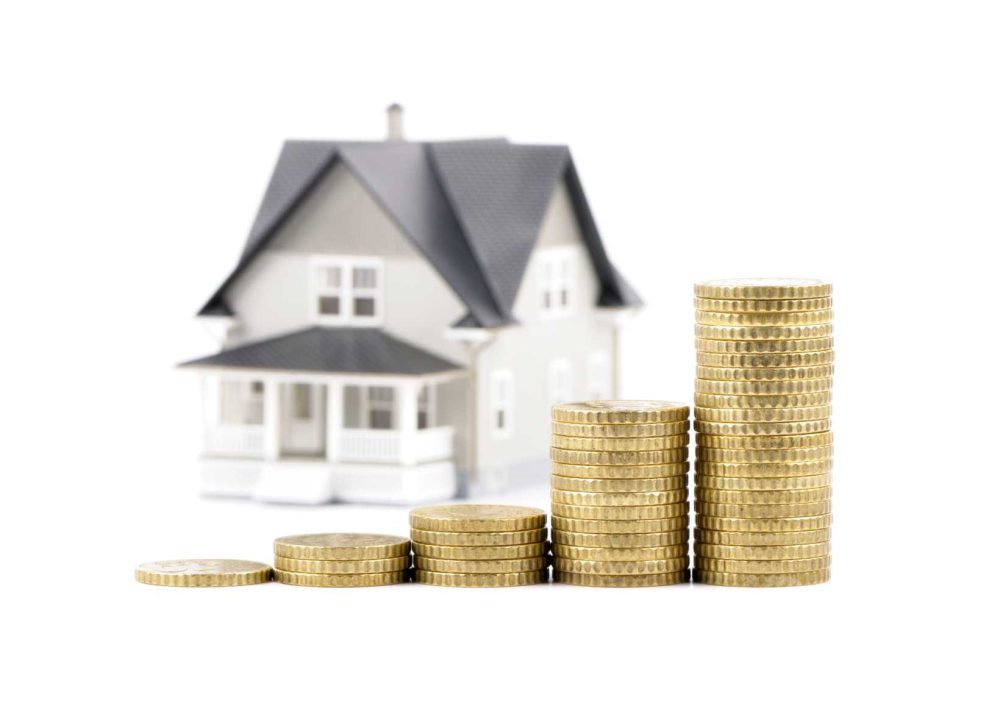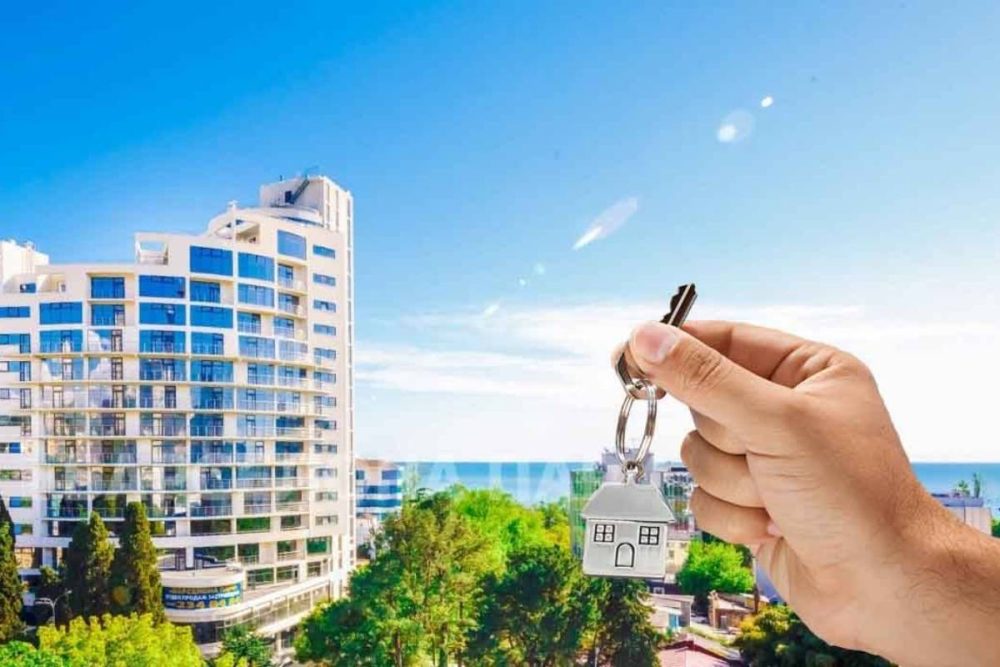Czech Republic is one of the most attractive countries for immigration to Europe. Life here combines affordable prices, convenient transportation infrastructure, and comfortable conditions. However, when choosing a new place of residence, it is important to consider not only the level of salaries and real estate prices but also the amenities for everyday living.
Which cities in the Czech Republic can be considered the best for living? Where is it comfortable to work, study, or move with a family? In this overview, we will explore locations suitable for permanent residence, work, and real estate investments.

Prague — the main economic center
Prague is an undisputed leader among the best cities in the Czech Republic for living. A dynamic metropolis with developed infrastructure, huge career opportunities, and beautiful architecture — offices of international companies, prestigious universities, and cultural attractions are concentrated here.
However, high demand makes real estate in the capital quite expensive. The average price per square meter in the center is one of the highest in the country, and rent often exceeds €1,200 for a small apartment. Nevertheless, Prague remains the best choice for professional growth.
Brno — career beyond the capital
Brno is the second largest city, which has long been a center for IT specialists and students. It is chosen among other cities in the Czech Republic because it combines developed infrastructure with moderate real estate prices. Major companies operate here, and prices are lower than in Prague.
An important advantage of Brno is its location. It is easy to reach Austria and Slovakia from the train stations, and the airport serves international flights.
Rzhyzhanы — an ideal place near Prague
If you want to be closer to the capital but not live in the noisy center, a good option for immigration to the Czech Republic would be Rzhyzhanы. This cozy town is located just 20 km from Prague and offers comfortable conditions for families. There are many green areas, convenient transportation connections, and quality residential complexes here.
The cost of housing in Rzhyzhanы is lower than in the capital, while the quality of life is just as high. In recent years, this place is increasingly chosen by professionals who work in Prague but prefer to live in a peaceful and environmentally friendly environment.
Other best cities in the Czech Republic suitable for relocation and living
Not only metropolises can offer comfortable conditions for immigration. There are other locations in the country with good infrastructure, job opportunities, and a pleasant atmosphere.
Pilsen is one of the most developed industrial centers in the country. The city is famous for its brewery and stable economy. Here you can find affordable housing, and the salary level remains high.
Ceske Budejovice is one of the coziest Czech cities. Located in the south of the country, near nature reserves and picturesque rivers. Due to high safety and good ecology, it is often chosen by families with children.
Ostrava is an industrial center that is gradually turning into a hub for startups and investments. Despite its industrial past, Ostrava is actively developing, and the cost of housing here remains the most affordable in the country.
How to choose a city for relocation to the Czech Republic?
Moving to a new country requires a thoughtful approach. To determine which place is best for you, you need to consider several factors:
- salary levels and career opportunities — Prague and Brno offer more job opportunities, but competition here is higher;
- real estate prices — housing in small towns is cheaper, while the quality of life remains high;
- ecology and developed infrastructure — it is important to have shops, hospitals, schools, and convenient transportation nearby;
- personal convenience — if you prefer peace and quiet, it is better to choose small locations, while large centers are more suitable for active people.
The country offers many options for relocation, and the best city in the Czech Republic for living will be found for each person depending on their priorities.
Useful tips for immigrants in the Czech Republic
If you are planning to move, it is important to prepare in advance for living in a new country. Even the best places in the Czech Republic may seem unfamiliar at first, so it is worth considering several key points that will help you adapt faster:
- arrange your residence permit in advance — if you are not an EU citizen, you will need to obtain a residence permit, which gives the right to long-term residence and work. The procedure may take several months, so submit your documents in advance;
- choose the right region — if career opportunities are important, consider Prague or Brno. If you are looking for peace and comfort, places like Rzhyzhanы or Ceske Budejovice are suitable. The best Czech cities differ in conditions, so it is important to consider personal preferences;
- deal with housing — real estate in the Czech Republic is more affordable than in Western Europe, but prices vary. In major regions, rent is higher, and buying property requires careful document verification;
- learn Czech — although English can be sufficient in Prague and Brno, knowledge of Czech will help you adapt faster and find a job;
- understand the healthcare system — healthcare in the Czech Republic is of high quality, but you need to arrange health insurance, without which access to services is limited;
- consider price levels — the cost of living varies depending on the location. For example, groceries and rent in Ostrava will be cheaper than in Prague.
Immigration is always a challenge, but with the right approach, settling in a new country becomes comfortable. Czech Republic combines developed infrastructure, beautiful architecture, and a high standard of living, and with proper planning, obtaining permanent residency becomes an achievable goal.

Conclusion
The choice of a place to live in the Czech Republic depends on personal preferences. Prague is suitable for career and business activities, Brno for a comfortable combination of work and a moderate pace, Rzhyzhanы for those seeking a peaceful place near the capital.
It is also worth considering Ostrava, Pilsen, and Ceske Budejovice, where the standard of living remains high, and real estate prices are more affordable. The best cities in the Czech Republic for living differ in conditions, but everyone can choose a place that suits them best!

